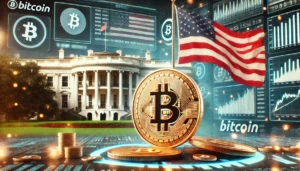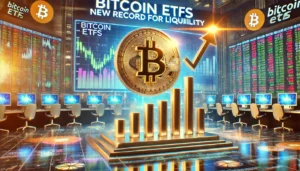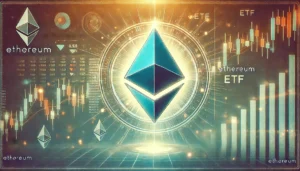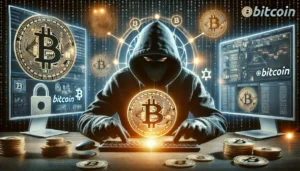Gamers vs NFTs: where does the displeasure come from?
3 min readIf League of Legends or Fortnite, the business of virtual items in video games is booming. These items often only change the appearance of weapons or your own character. The so-called micro-transactions have nevertheless risen to a serious monetization model for games that were otherwise available either for a fixed price or completely free of charge. valves, the company behind the gaming platform Steam, is already taking it a step further. Behind titles like Counter Strike: Global Offensive and Dota 2 Entire markets emerged in which objects are sold and traded. Wouldn’t the introduction of NFTs be the next logical step here?
At least that’s what the big distributors thought. company like Ubisoft began experiments with NFT platforms. GSC Game World had for his long-awaited shooter title Stalker 2 even more far-reaching plans. Because the coupling of game objects to NFTs would have even paved the way for the game into the metaverse.
In both cases, the gaming community went on the barricades. An announcement trailer for Ubisoft’s “Quartz” platform flooded them with dislikes and also at stalker 2 they made their displeasure known to the public. The consequence: Ubisoft was surprised by the negative headlines, but told BTC-ECHO that they would continue with the support of a “strong but rather quiet community”. GSC Game World backtracked. on Twitter the company announced an end to all NFT plans for Stalker 2.
But where does the displeasure of the community come from? And how do game developers feel about the plans of their distribution companies?
Developer studios don’t think much of NFTs
As far as the latter question is concerned, a new survey provides quite clear results. In advance of Game Developers Conference in San Francisco the organizers led a survey among 2,700 developers. NFTs and paying with cryptocurrencies were also on the questionnaire.
Both points revealed a persistent rejection. This was 70 percent for the integration of NFTs and 72 percent for crypto payments. Only 28 percent said they were at least slightly interested in NFT offerings in their video games. For crypto payments, the figure was 27 percent. The authors of the study nevertheless note an increase in interest here.
The gaming news portal kotaku also published some statements that had been collected anonymously in the course of the survey. When it comes to NFTs, one statement is particularly interesting:
You will drive a wedge into the heart of this industry. It’s going to become very clear what people’s motivations are, and it’s not going to be pretty.
The question raised here about the motivations behind the NFT implementation seems crucial to the entire debate. It brings us back to the gaming community.
Gamers have never been fans of micro-transactions
In the course of her research on the subject, she spoke New York Timeswith some community members. Your statements paint a clear picture. Because gamers’ criticism of NFTs is not primarily based on a lack of understanding of the technology. Most of them are more concerned with the fact that the introduction of NFTs is not associated with any gameplay innovations. The only priority would be to maximize profit. A player who participated in the online protest against the NFT plans Stalker 2 involved, quoted the newspaper as follows:
The studio abused its popularity. It’s so obvious that they are out for profit instead of just making a nice game.
This criticism is – so the Times – but not a new phenomenon. Because the increasing monetization of additional content and the triumph of micro-transactions has been a thorn in the side of the gaming community for some time. In the NFT integration, they therefore recognize the immediate continuation of this trend.
In the last 10 years we’ve seen all kinds of plans and we’re tired of
said another interviewed gamer. If the game distributors still want to make their NFT plans palatable to the community, they will probably have to take a different approach than before.
Warner Music will host concerts in the metaverse The Sandbox






